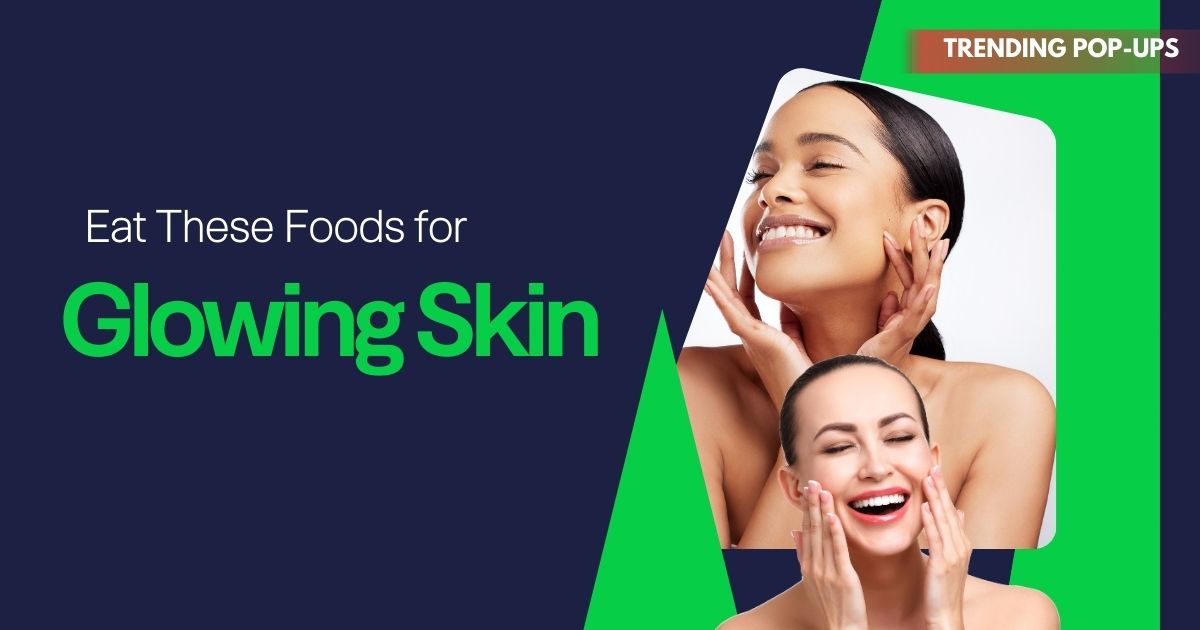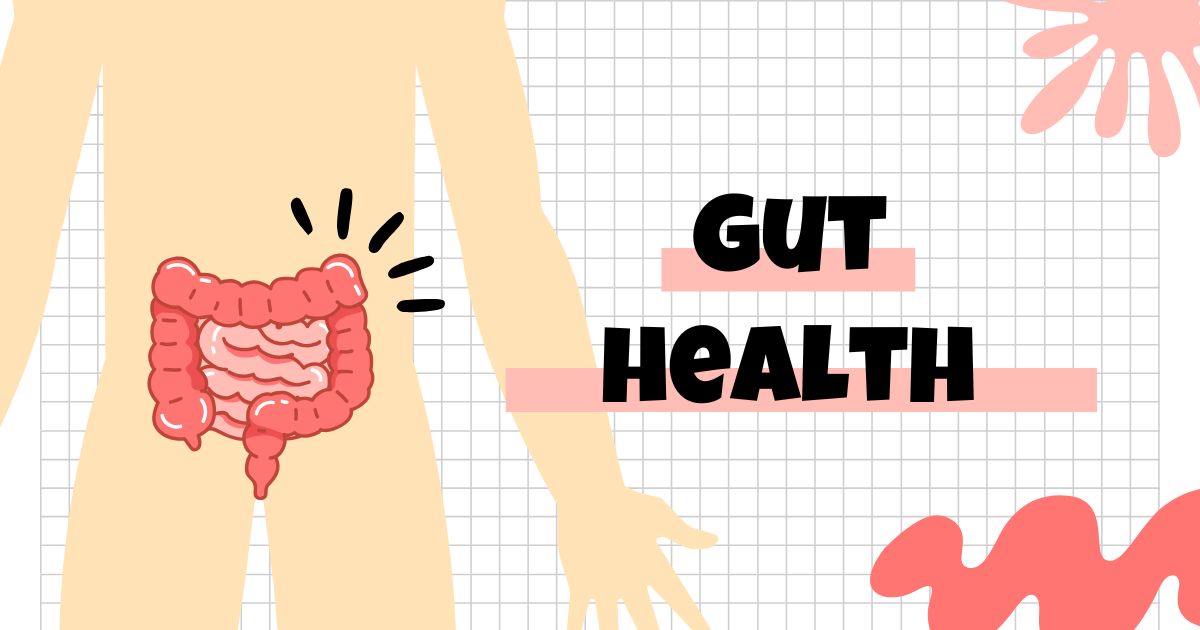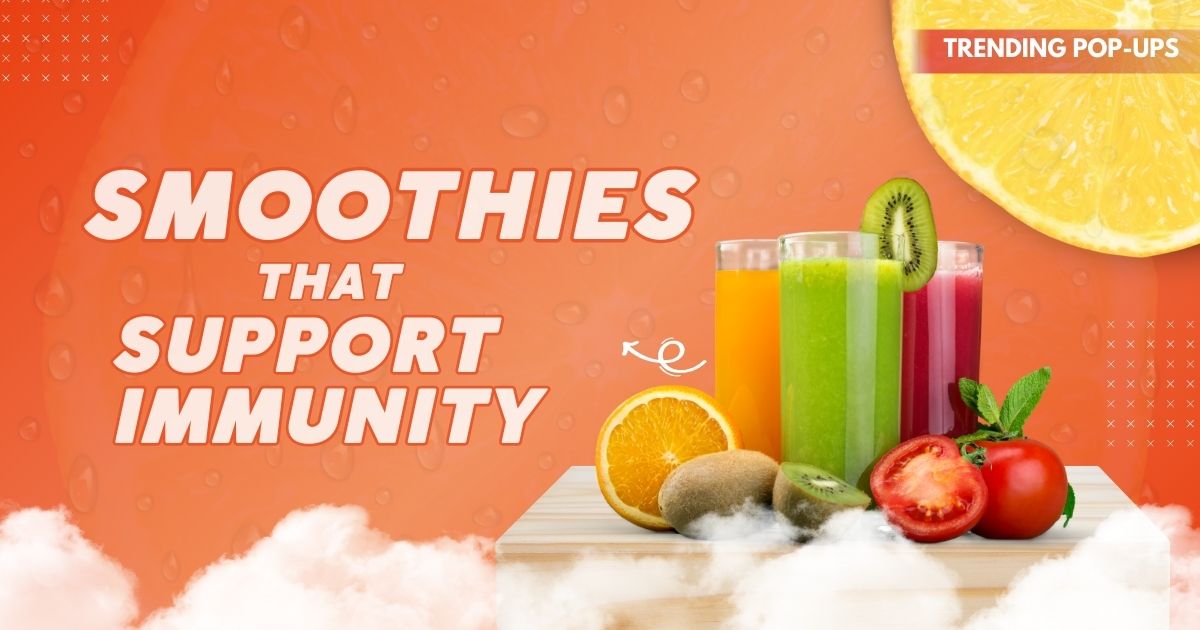Glowing skin is not just about what you put on your face—it’s also about what you put on your plate. Skincare products may help externally, but the foundation of radiant, youthful skin begins from within. The foods you eat provide essential vitamins, minerals, and antioxidants that directly impact skin health, hydration, and elasticity.
In this article, we’ll explore the best foods you should eat daily to achieve naturally glowing, healthy skin, along with the science behind how they work.
Why Diet Matters for Skin Health
Your skin is the largest organ in your body, and like all organs, it thrives on proper nutrition. A balanced diet rich in antioxidants, healthy fats, vitamins, and minerals can:
-
Reduce inflammation that causes acne and redness
-
Slow down signs of aging such as wrinkles and fine lines
-
Support collagen production for firmness and elasticity
-
Protect against sun damage and environmental stressors
-
Improve hydration and natural glow
Simply put, healthy skin starts with healthy eating.
Eat These Foods for Glowing, Healthy Skin
1. Fatty Fish (Salmon, Mackerel, Sardines)
Rich in omega-3 fatty acids, fatty fish helps maintain skin hydration, reduces inflammation, and prevents acne breakouts. Omega-3s also strengthen the skin barrier, locking in moisture and keeping it supple.
Nutrients: Omega-3, vitamin E, protein, zinc
2. Avocados
Avocados are loaded with healthy fats, vitamin C, and vitamin E—all crucial for skin health. These nutrients help protect skin from oxidative stress, improve elasticity, and promote a natural glow.
Nutrients: Monounsaturated fats, vitamin C, vitamin E
3. Walnuts
Walnuts are a superfood for the skin because they contain both omega-3 and omega-6 fatty acids. They also provide zinc, which helps with wound healing and fighting bacteria that cause acne.
Nutrients: Omega-3, omega-6, zinc, vitamin E
4. Sweet Potatoes
Sweet potatoes are high in beta-carotene, a nutrient that acts as a natural sunblock. Once consumed, beta-carotene converts into vitamin A, protecting skin from UV damage and giving it a warm, radiant tone.
Nutrients: Beta-carotene, vitamin A, fiber
5. Tomatoes
Tomatoes are rich in lycopene, an antioxidant that helps protect the skin from sun damage and promotes a youthful glow. Pairing tomatoes with healthy fats (like olive oil) enhances nutrient absorption.
Nutrients: Lycopene, vitamin C, potassium
6. Berries (Blueberries, Strawberries, Raspberries)
Berries are packed with antioxidants that fight free radicals, reducing premature aging and supporting collagen formation. Vitamin C in berries is especially beneficial for bright, glowing skin.
Nutrients: Vitamin C, anthocyanins, fiber
7. Dark Chocolate
Good news for chocolate lovers—dark chocolate with high cocoa content is rich in flavonoids, which improve blood flow to the skin, boost hydration, and protect against UV damage.
Nutrients: Flavonoids, iron, magnesium
8. Green Tea
Green tea contains catechins, powerful antioxidants that improve skin elasticity, reduce redness, and protect against sun damage. Drinking green tea regularly can help prevent acne flare-ups.
Nutrients: Catechins, polyphenols, antioxidants
9. Bell Peppers
Both red and yellow bell peppers are high in vitamin C, which supports collagen production. Collagen keeps skin firm, smooth, and youthful.
Nutrients: Vitamin C, beta-carotene
10. Leafy Greens (Spinach, Kale)
Leafy greens are full of antioxidants, iron, and vitamins that detoxify the body, reduce inflammation, and promote clearer skin.
Nutrients: Vitamin A, vitamin K, folate, iron
11. Seeds (Chia Seeds, Sunflower Seeds, Flaxseeds)
Seeds are tiny but powerful sources of nutrients like vitamin E, zinc, and omega-3s. Sunflower seeds, in particular, are excellent for fighting oxidative stress.
Nutrients: Vitamin E, selenium, zinc, omega-3
12. Oranges and Citrus Fruits
Citrus fruits provide a healthy dose of vitamin C, which brightens the skin, reduces dark spots, and boosts collagen synthesis.
Nutrients: Vitamin C, antioxidants, fiber
Hydration: The Unsung Hero of Healthy Skin
Alongside nutrient-rich foods, hydration is key to glowing skin. Drinking enough water helps flush toxins, improves skin elasticity, and keeps it plump. Herbal teas, coconut water, and water-rich fruits like watermelon and cucumber can also enhance hydration.
Foods to Avoid for Healthy Skin
Just as some foods nourish your skin, others can damage it. Minimize:
-
Refined sugar – triggers acne and premature aging
-
Fried and processed foods – cause inflammation
-
Excess dairy – may contribute to breakouts in some people
-
Excess alcohol – dehydrates the skin and dulls complexion
Lifestyle Habits That Complement Skin-Healthy Foods
To maximize the benefits of a skin-friendly diet:
-
Get enough sleep to allow skin repair
-
Exercise regularly to improve blood circulation
-
Protect your skin with sunscreen daily
-
Manage stress through meditation or yoga
Final Thoughts
Eating the right foods can be your secret weapon for glowing, healthy skin. Incorporating nutrient-rich options like fatty fish, avocados, berries, leafy greens, and nuts into your diet supports hydration, collagen production, and protection against damage. Combined with proper hydration, skincare, and lifestyle habits, these foods will help you achieve radiant skin from the inside out.
Also Read : Probiotics Explained: How They Improve Gut Health
FAQs
1. How long does it take to see results from eating skin-healthy foods?
You may notice improvements in hydration and glow within a few weeks, but long-term benefits like reduced wrinkles take months.
2. Can diet really replace skincare products?
Diet enhances skin health from the inside, but it should complement—not replace—external skincare.
3. Are supplements as effective as eating whole foods?
Whole foods are always better since they provide a mix of nutrients, fiber, and antioxidants. Supplements can help fill gaps but shouldn’t be the sole source.
4. Which vitamins are most important for glowing skin?
Vitamins A, C, E, and omega-3 fatty acids are the most beneficial for skin health.
5. Can drinking more water alone make my skin glow?
Hydration is important, but true glow comes from a combination of water, nutrition, and lifestyle habits.



